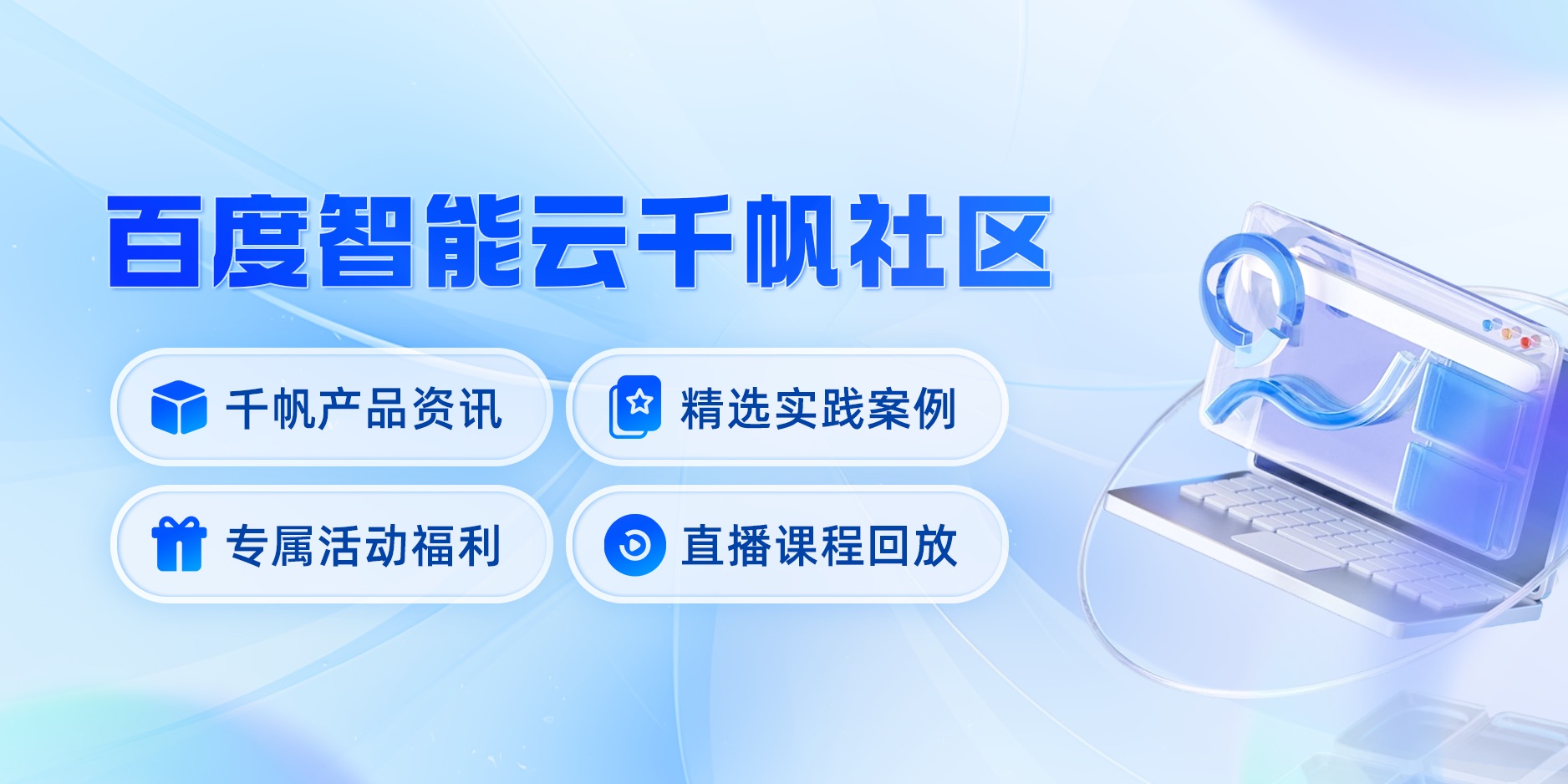Spring项目快速接入DeepSeek的两种简易方法详解
2025.04.02 02:10浏览量:1简介:本文详细介绍Spring项目接入DeepSeek的两种超简单方式:通过官方SDK集成和使用HTTP API直接调用。内容包含完整代码示例、配置说明及最佳实践建议,帮助开发者快速实现AI能力集成。
文心大模型4.5及X1 正式发布
百度智能云千帆全面支持文心大模型4.5/X1 API调用
Spring项目快速接入DeepSeek的两种简易方法详解
一、背景与需求分析
在当今AI技术蓬勃发展的时代,将大模型能力集成到现有系统中已成为企业提升竞争力的关键。DeepSeek作为先进的AI服务平台,为开发者提供了强大的自然语言处理能力。对于Spring开发者而言,如何高效、可靠地接入DeepSeek服务是需要掌握的重要技能。
1.1 典型应用场景
1.2 开发者常见痛点
- 接入流程复杂,学习成本高
- 对接稳定性难以保证
- 性能优化缺乏指导
- 错误处理机制不完善
针对这些痛点,本文将介绍两种经实践验证的可靠接入方案。
二、方案一:使用官方SDK集成
2.1 环境准备
// pom.xml 依赖配置<dependency><groupId>com.deepseek</groupId><artifactId>deepseek-sdk</artifactId><version>2.1.0</version></dependency>
2.2 核心配置类
@Configurationpublic class DeepSeekConfig {@Value("${deepseek.api-key}")private String apiKey;@Beanpublic DeepSeekClient deepSeekClient() {return new DeepSeekClient.Builder().apiKey(apiKey).connectTimeout(5000).readTimeout(10000).build();}}
2.3 服务层实现
@Servicepublic class AIService {@Autowiredprivate DeepSeekClient client;public String generateText(String prompt) {TextGenerationRequest request = new TextGenerationRequest.Builder().prompt(prompt).maxTokens(1000).temperature(0.7).build();TextGenerationResponse response = client.generateText(request);return response.getText();}}
2.4 最佳实践建议
- 连接池配置:建议设置合理的连接池参数
deepseek:max-connections: 20connection-ttl: 30000
- 重试机制:实现指数退避重试策略
- 结果缓存:对高频相同请求进行本地缓存
三、方案二:HTTP API直接调用
3.1 REST模板配置
@Configurationpublic class RestTemplateConfig {@Beanpublic RestTemplate restTemplate() {return new RestTemplateBuilder().rootUri("https://api.deepseek.com/v1").defaultHeader("Authorization", "Bearer ${deepseek.api-key}").setConnectTimeout(Duration.ofSeconds(5)).setReadTimeout(Duration.ofSeconds(10)).build();}}
3.2 请求/响应DTO
@Datapublic class ChatRequest {private String model = "deepseek-chat";private List<Message> messages;private double temperature = 0.7;@Datapublic static class Message {private String role;private String content;}}@Datapublic class ChatResponse {private String id;private List<Choice> choices;@Datapublic static class Choice {private Message message;}}
3.3 服务层实现
@Servicepublic class ChatService {@Autowiredprivate RestTemplate restTemplate;public String chatCompletion(String userMessage) {ChatRequest request = new ChatRequest();request.setMessages(List.of(new ChatRequest.Message("user", userMessage)));ChatResponse response = restTemplate.postForObject("/chat/completions",request,ChatResponse.class);return response.getChoices().get(0).getMessage().getContent();}}
3.4 异常处理增强
@RestControllerAdvicepublic class AIExceptionHandler {@ExceptionHandler(RestClientException.class)public ResponseEntity<ErrorResponse> handleAIServiceError(RestClientException ex) {// 解析错误响应ErrorResponse error = new ErrorResponse("AI_SERVICE_ERROR","DeepSeek服务调用异常",HttpStatus.BAD_GATEWAY.value());return ResponseEntity.status(HttpStatus.BAD_GATEWAY).body(error);}}
四、方案对比与选型建议
| 维度 | SDK方案 | HTTP API方案 |
|---|---|---|
| 开发效率 | ★★★★★ | ★★★★☆ |
| 灵活性 | ★★★☆☆ | ★★★★★ |
| 性能 | ★★★★☆ | ★★★☆☆ |
| 维护成本 | ★★★★★ | ★★★★☆ |
选型建议:
- 追求快速上线:选择SDK方案
- 需要深度定制:选择HTTP API方案
- 混合架构场景:可组合使用两种方式
五、高级优化技巧
5.1 异步非阻塞调用
@Asyncpublic CompletableFuture<String> asyncCompletion(String prompt) {// 实现异步调用逻辑}
5.2 流量控制策略
// 使用Guava RateLimiterprivate final RateLimiter limiter = RateLimiter.create(100); // 100 QPSpublic String limitedCompletion(String input) {limiter.acquire();return chatCompletion(input);}
5.3 监控指标集成
@Timed(value = "deepseek.call.duration",description = "DeepSeek API调用耗时")@Counted(value = "deepseek.call.count",description = "DeepSeek API调用次数")public String monitoredCall(String input) {// 方法实现}
六、常见问题解决方案
6.1 证书问题处理
@Beanpublic RestTemplate sslRestTemplate() throws Exception {SSLContext context = SSLContextBuilder.create().loadTrustMaterial((chain, authType) -> true).build();return new RestTemplateBuilder().requestFactory(() -> new HttpComponentsClientHttpRequestFactory(HttpClientBuilder.create().setSSLContext(context).build())).build();}
6.2 长文本处理策略
- 分段处理
- 摘要提取后再处理
- 使用streaming API
6.3 敏感数据过滤
建议在发送请求前实现:
public String sanitizeInput(String input) {// 实现敏感词过滤逻辑}
七、总结
本文详细介绍了Spring项目接入DeepSeek的两种主流方式,从基础集成到高级优化提供了完整解决方案。开发者可根据项目实际需求选择合适的接入方案,同时结合文中的最佳实践建议,可以构建出稳定高效的AI集成方案。随着DeepSeek能力的持续升级,建议保持SDK的定期更新,以获取最新功能和性能优化。



发表评论
登录后可评论,请前往 登录 或 注册